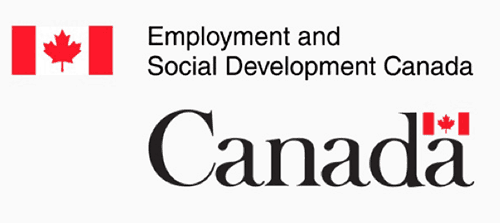There are no future dates for this course
Sessions:
| Session | Time | Duration |
|---|---|---|
| {{sess.title}} | {{showTime(sess.date)}} {{selectedTimeZone.title}} | {{sess.duration}} minutes |
TLNT reserves the right to cancel or change the date or location of its events. TLNT's responsibility will, under no circumstances, exceed the amount of the fee collected. TLNT is not responsible for the purchase of non-refundable travel arrangements or accommodations or the cancellation/change fees associated with cancelling them. Please call to confirm that the course is running before confirming travel arrangements and accommodations. Please click here for complete policies.
{{coursedr.location2}}
We could offer any of our courses at a location of your choice and customized contents according to your needs, please contact us at : inhouse@tlnt-training.com or click here to submit an online request.
Macintosh based attendees
OS: Mac OS X 10.6 (Snow Leopard), 10.7 (Lion), 10.8 (Mountain Lion) or newer
Browser:
Safari 3.0 or newer
Mozilla Firefox 4.0 or newer
Google Chrome 5.0 or newer
iOS
Device: iPad 1 or newer, iPhone 3GS or newer, iPod Touch (3rd generation) or newer
OS: iOS 6 or newer
Android
OS: Android 2.2 or higher
Each participant will receive a complete set of course notes and handouts that will serve as informative references.
Interested in this course?
Click HerePrice increases {{dateFormat(selectedDate.priceIncrease)}}

Jumpstart your training with the help of Talented Technology Training Canada (TTT-Canada) & the Canada Job Grant.
Seminars and Workshops offered within your organization anywhere in the world.
To Register by fax, download and fill our registration form, then fax it to (888) 849-4871. Mail your cheque to our address.
If you have a question regarding this course, please click here to contact us.A certificate of completed Continuing Education Units (CEUs) will be granted at the end of this course. A fee is required for all complimentary webinars.
This course can be customized and delivered on-site at your facility.
Stay on top of your professional development with useful articles and industry updates Subscribe